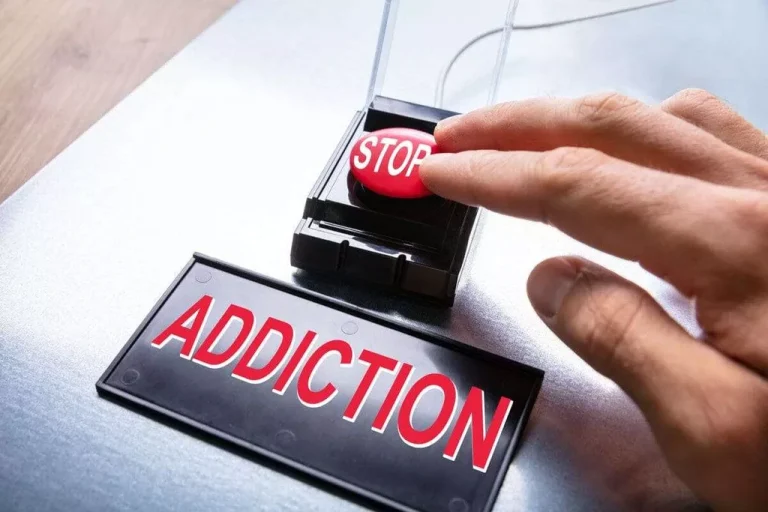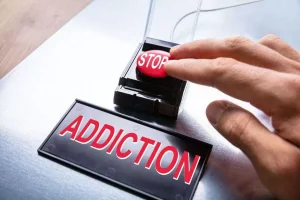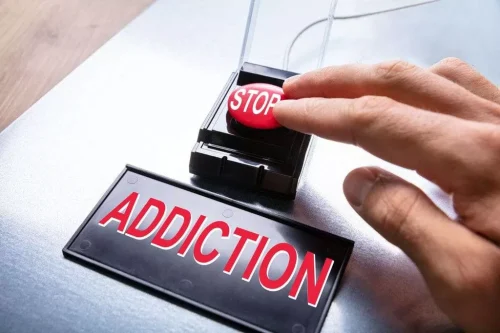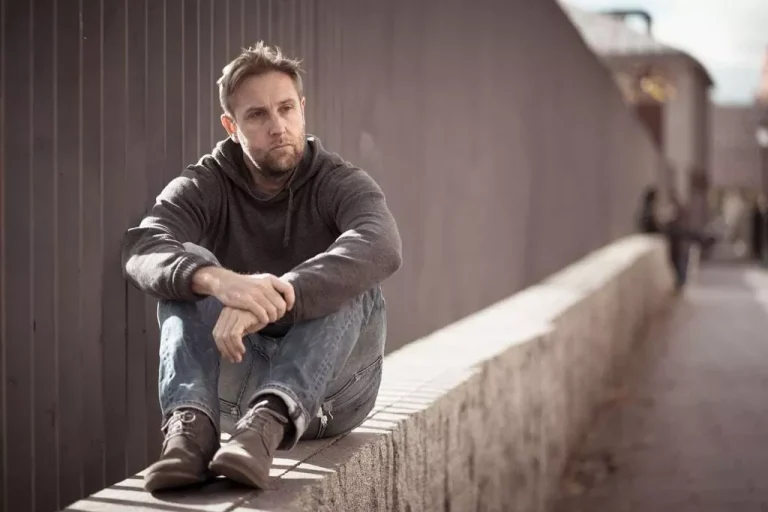
In conclusion, peer pressure is a powerful force in the lives of adolescents, but with the right support and strategies, teens can develop the resilience they need to make healthy, positive decisions. Once you identify negative influence from others, it’s time to address it. Learning to deal with peer pressure can help you avoid unfavorable consequences like being untrue to yourself or doing things you don’t want to do. Peer pressure plays a pivotal role in a person’s mental health; it can force them to do something which can be either less harmful or have more serious consequences.

More on this topicFor Kids

It is that comparison voice in the back of your mind urging you to conform to the expectations and behaviors of those around you. This can lead you on a path that doesn’t align with your values, goals, and aspirations. Apart from the above, difficulty sleeping and low moods are also plausible signs. Do note, however, that many of these signs may be due to other reasons, such as physical and mental health conditions. Should you be concerned about any of the signs listed above, consult a professional therapist.
Teachers Also Have A Positive Influence
Creating a supportive environment both at home and in social circles is vital for teens in Philadelphia. Parents, teachers, and counselors should work together to provide guidance and encourage positive behavior. By maintaining open lines of communication, teens feel comfortable seeking advice and support when they encounter difficult situations.
Positive peer pressure
Saying No to things that do not align with your values is hard but it’s important to set boundaries by saying No. Whenever any type of negative pressure you start experiencing, in that situation instead which of the following is a type of indirect peer pressure? of agreeing to do something just pause and take deep breaths. Take time to reflect on what is important to you and what you stand for. This is a more subtle type of pressure and often goes unnoticed. It involves feeling compelled to conform to certain behaviors, attitudes, or lifestyles because you see others around you doing the same.

How do I talk to my child about peer pressure?
- 80% of teenagers got into the habit of smoking due to negative peer influence, and 75% of teenagers have tried alcohol due to the same reason.
- This can serve as a compromise between your preferences and the expectations of your peers.
- Instead of quickly agreeing to do something you’d rather not do, pause and take a few deep breaths.
- Children may begin to worry about balancing a sense of loyalty to their friends with compassion and fairness to others.
- When people influence you without “counting” as peers due to age, occupation, relationship, or another difference, that is called social pressure.
- Peers can also be other kids who are about your age and are involved in the same activities with you or are part of a community or group you belong to.
- Responses like «No thanks, I’ll pass» become handy scripts to draw upon if pressured later about uncomfortable things.
Track your feelings over days and weeks to witness personal growth unfolding through difficult lessons learned about human psychology. Refer to the below questions, which you can ask yourself while dealing with peer pressure and witness your well-being getting restored. When peer pressure leads to risky behaviors or emotional distress, seeking professional support from mental health professionals at PMHC in Philadelphia can be incredibly helpful.

How to Deal with Peer Pressure
Some of these things won’t impact your life long-term, but others will. Peer pressure can range from minor to extreme, but it can affect anyone. Research on peer pressure shows its trends and effects, all while illustrating the fact that we likely aren’t immune to it, even if we think we are. For example, envision saying ‘no’ firmly in various scenarios – cheating, substances, theft. Responses like «No thanks, I’ll pass» become handy scripts to draw upon if pressured later about uncomfortable things.
- As you can see, these things are all more likely to enhance your life rather than strain it, make you feel unsupported or bad about yourself, and so on.
- Suddenly someone offers you a drink, even though you know you are not supposed to be drinking yet.
- Some worry that other kids might tease them if they don’t go along with the group.
- The Teen Recovery Program addresses both mental health and substance abuse issues in an intensive outpatient level of care setting specifically designed for teens.
- Have you ever been pressured to have «one more drink,» or stay out later than you said you’d be home?
How Can I Know It’s Peer Pressure?

At this age, research suggests, group dynamics begin to form among children, and some may be excluded from the larger group. Children may begin to worry about balancing a sense of loyalty to their friends with compassion and fairness to others. By Michelle PugleMichelle Pugle writes health articles for award-winning websites, as seen in Healthline, Verywell, Everyday Health, Psych Central, and Health.com. She has a Master’s degree, undergraduate degrees in English and Sociology, a diploma in Holistic Herbal Therapy, and is trained in mental health first aid, anti-violence work, and peer support work. You can experience peer pressure from people without them saying anything to you, and you can experience it from direct remarks made by others. Peer pressure in younger children tends to be limited to copying bad behaviors such as acting out or taking things that don’t belong to them.